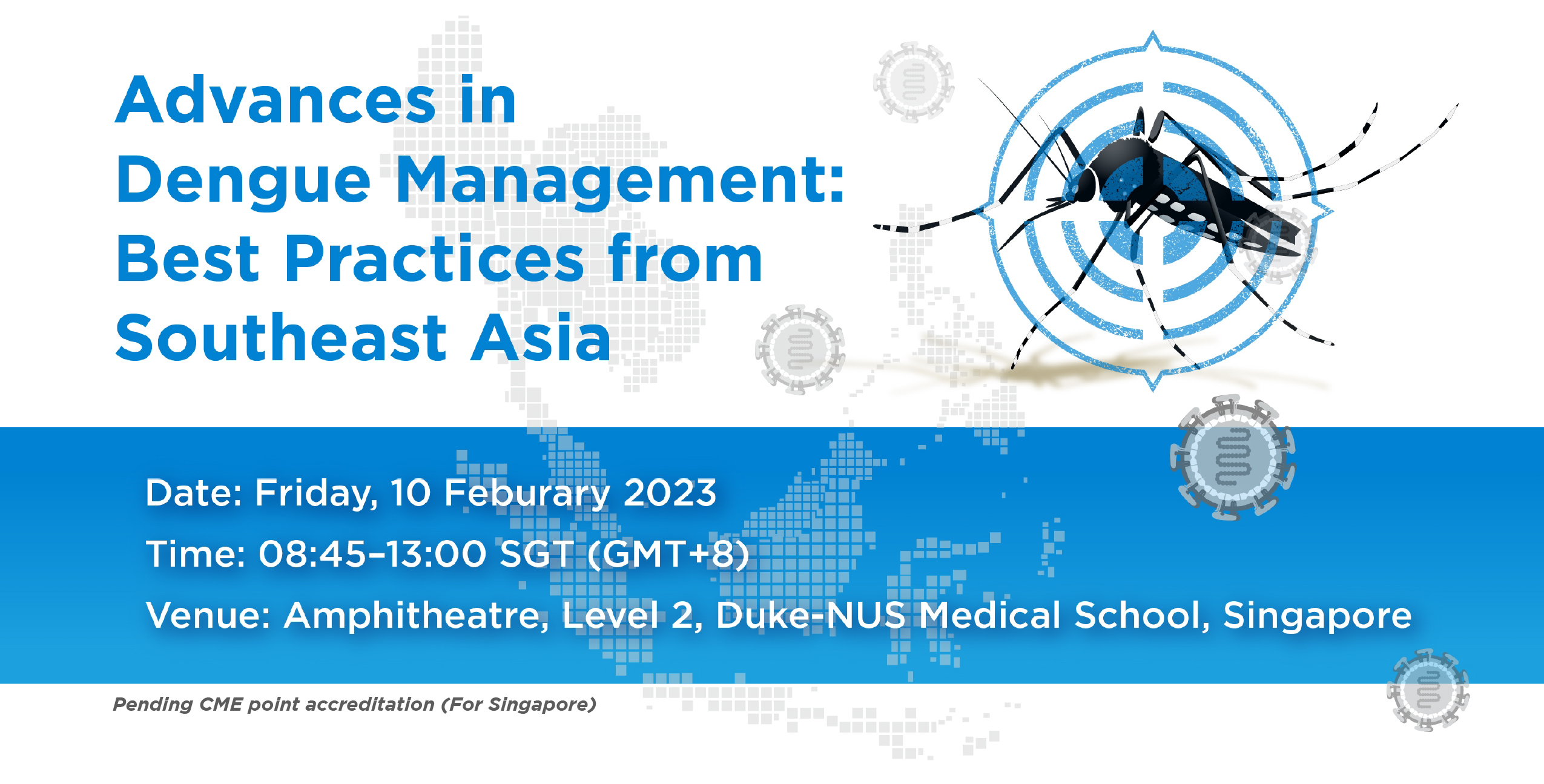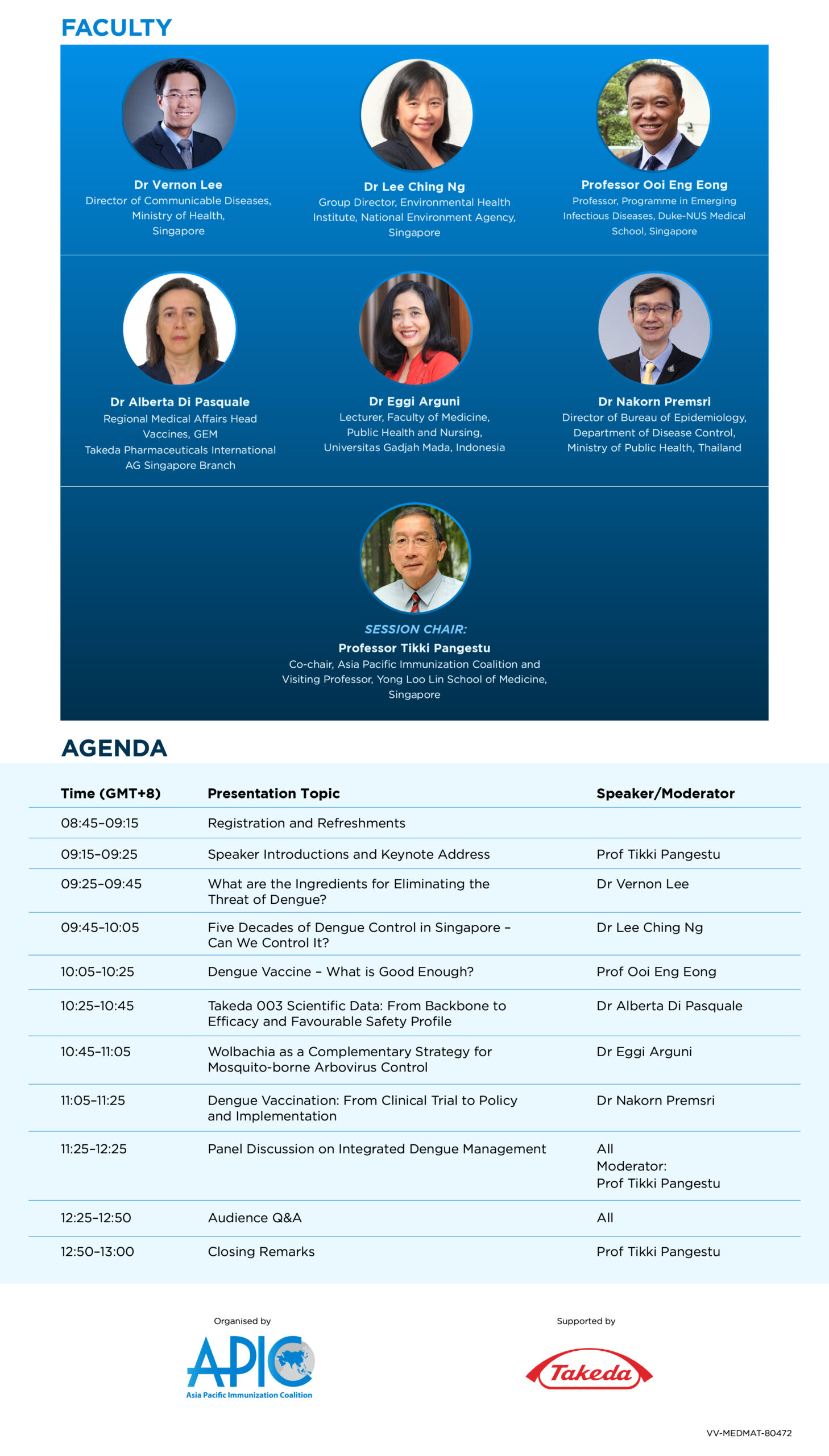
Countries in the Asia Pacific have witnessed the burden and threat of vector-borne diseases to individuals, families and societies.
Transmission of dengue is influenced by social, demographic and environmental factors, including climate change and other climate- and weather-related factors, and increasing vector resistance to insecticides and the spread of mosquitoes and other vectors to unaffected areas. In response, countries have recognized the need for an integrated, comprehensive approach to vector control that will enable the setting and achievement of disease-specific national and global goals, and that will contribute to the attainment of the Sustainable Development Goals, to addressing the social determinants of health and to tackling health inequities.
"*" indicates required fields
